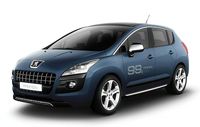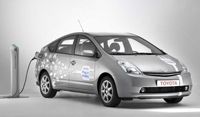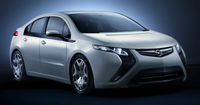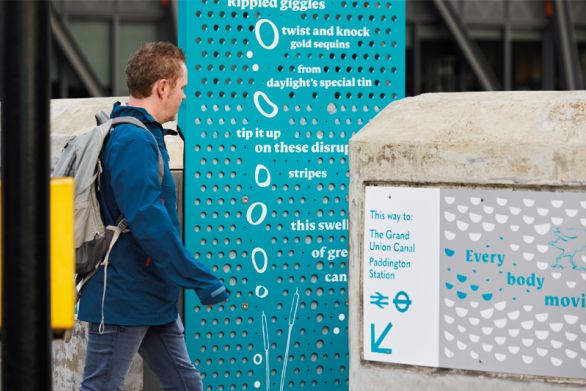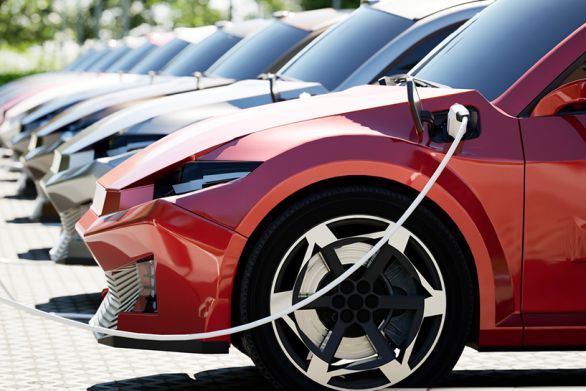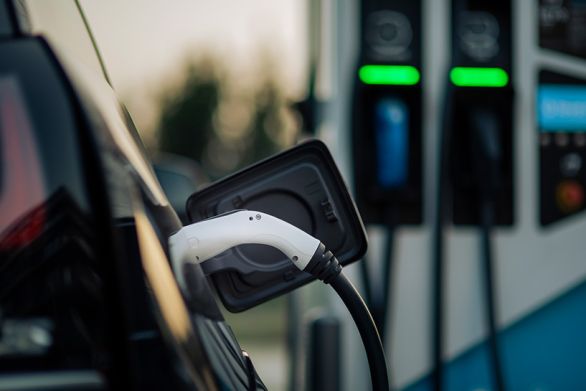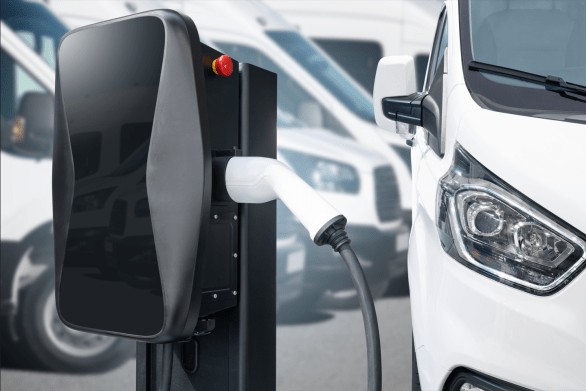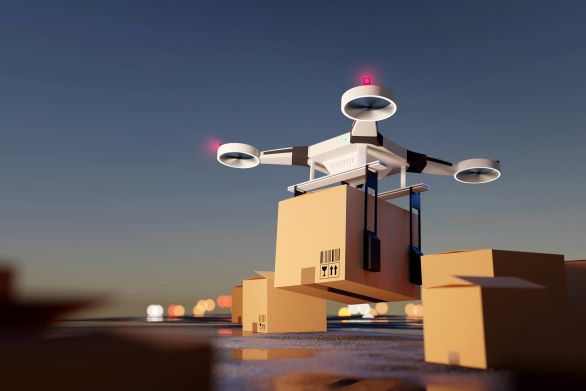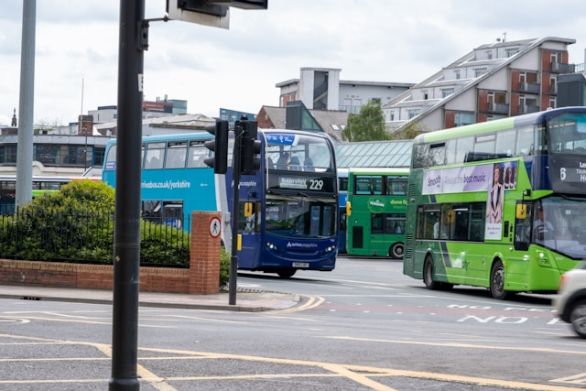News items concerning electric or ‘eco’ vehicles appear almost daily, many of them connected to imminent launches of new cars wishing to parade their eco credentials. The question is, to what extent is this just ‘spin’ rather than a genuine substantive trend to low emission vehicles such as electric and hybrid cars? To help answer this question we have been running a survey on our website polling readers on which of three visions for electric cars they believe is the most likely to transpire.
The results of the latest voting are shown in Figure 1. Although there is a difference of opinion with each of the three visions having its proponents, there is a clear winner: “Part of the urban landscape” (this received more than twice as many votes as either of the other two visions). Looking at some of the most recent news items and developments, this does make sense. It looks like we’re still a long way off reaching a ‘tipping point’. While the sales of electric vehicles is increasing, this is from an incredibly low base: sales in 2011 have been 940 vehicles, an impressive rise from 167 cars in 2010, but tiny when compared with the 28.5million cars in circulation.
Vehicles and infrastructure
Two of the issues holding back adoption are the availability of suitable vehicles at a reasonable price, and provision of charging infrastructure. In terms of new vehicles, 2012 is looking exciting with the launch of models such as the Vauxhall Ampera, Renault Fluence, plug-in Toyota Prius, and diesel electric hybrid. What makes these attractive is that the look like regular cars, and, to varying degrees, behave like them. It is at the same time positive and negative that each of these vehicles use a different technology and different approach to some of the main issues that affect electric vehicles. On the positive side, each of these vehicles has the potential to appeal to a slightly different audience, hence widening the range of appeal. On the other hand, it can also be confusing and lead to people wondering if they should delay choosing one option until it is clear which is going to prove to be the best or most popular.
The availability of charging points seems to be lagging behind the availability of vehicles, and where there are concentrations it is in urban areas, especially London. Indeed, this and the issue of range anxiety is a key reason to believe that electric vehicles will be (at least for some years) a largely urban phenomenon. What is making this issue even more of barrier is the lack of compatibility between charging infrastructure systems such as Source (in London) and Chargemaster’s Polar network (Polar users can use Source, but not vice versa) which is being rolled out with partners Waitrose and NCP.
Petrol and diesel vehicles fight back
Another reason that the tipping point is likely to be delayed is the improvements being made to conventional petrol and diesel engines. Buyers of new cars can mollify their environmental conscience with tags such Blue motion (VW), Eco Zetec (Ford), Ecomotive (Seat), Twin Air (Fiat), Eco-dynamics (Kia) backed up to an extent by genuinely lower carbon emissions.
Economy
Finally, the state of the economy is one further influence which, on the negative side, has knocked consumer confidence, moderated risk taking, and generally pushed environmental concerns down the priority list. On a positive note though, the government is continuing to support the plugged-in places scheme and has acknowledged (as has the opposition) that investment in infrastructure and green technologies will be part of the route out of economic doldrums.
Taking an overview of all the evidence it would appear that there is sufficient momentum from across the various stakeholders to believe that electric vehicles are not going to go away. At the same time there are substantial barriers to overcome, and these will be easier to overcome in urban areas where there are better opportunities for providing charging infrastructure, somewhat reduced range anxiety, and more of an incentive to improve air quality.

